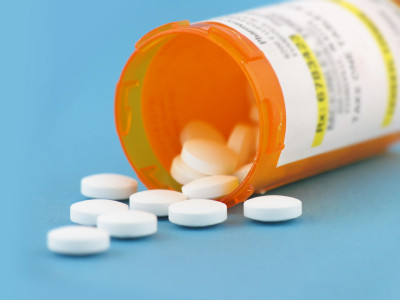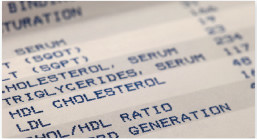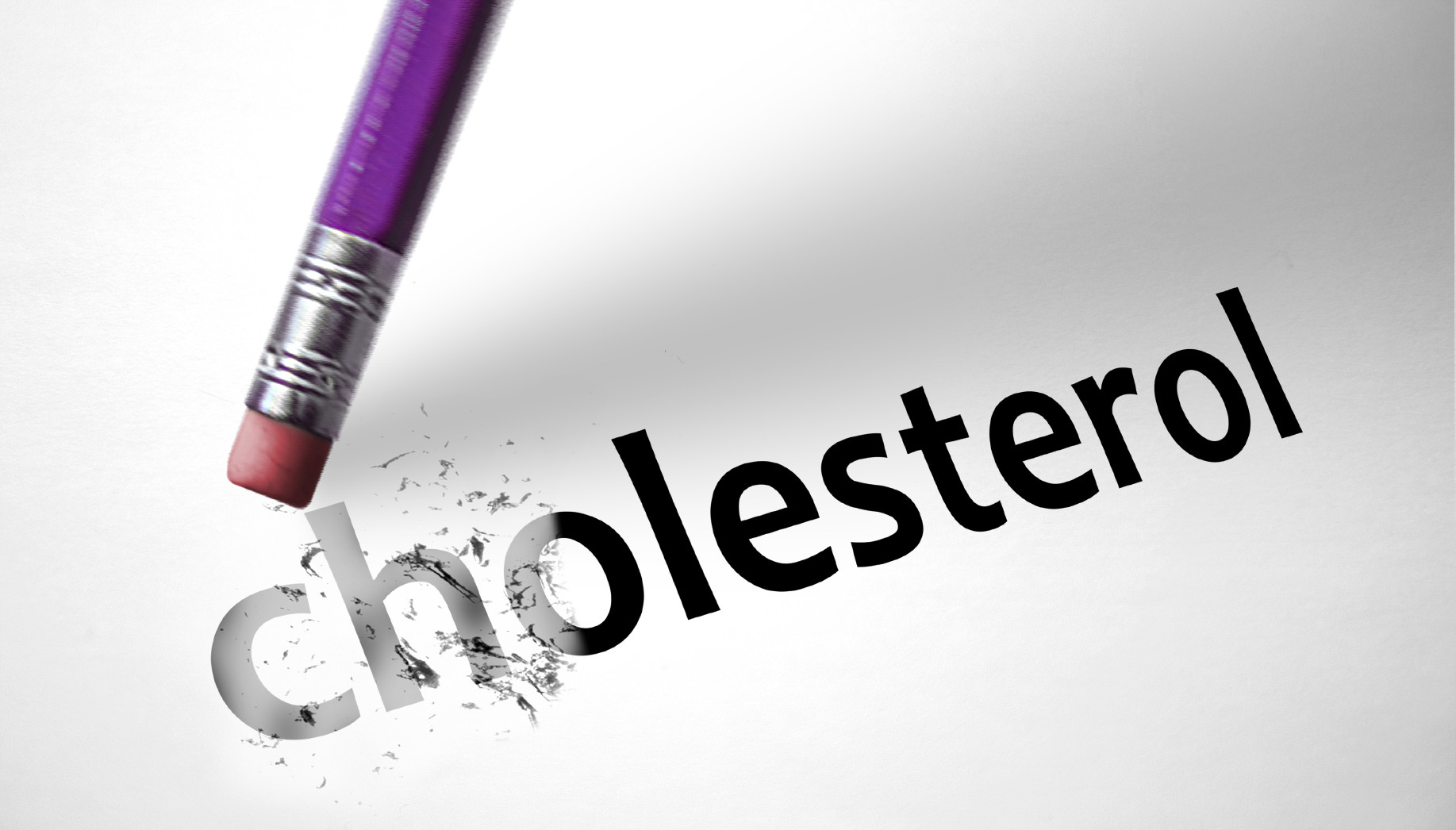
What are somatic workouts?

How to curb your stress eating

How to spot Parkinson’s disease symptoms

8 simple ways to reduce ultra-processed foods in your diet

Heart failure symptoms in women: How they’re different

GERD diet: Foods to avoid to reduce acid reflux

Strong is the new skinny

Everyday habits that sneakily weaken your bones

Don’t wait to get help for back pain

Correcting how you walk may ease osteoarthritis knee pain
Cholesterol and lipids Archive
Articles
The new cholesterol-lowering drugs
Persistently high “bad” LDL cholesterol leads to heart attacks and strokes. New drugs can help, but they are not appropriate for all men. |
These potent medications are for hard-to-manage cases of high cholesterol—not replacements for the tried-and-true statins.
Ask the doctor: Statins and liver tests
Q. My doctor used to check my liver function once a year after I started taking a statin drug to lower my cholesterol, but he doesn't anymore. Why not?
A. Your doctor appears to be following the latest recommendations from the American Heart Association and the FDA. When statin medications were first approved, doctors did periodic blood tests to check for liver injury. Three decades later, it is clear that serious liver injury from statins is a rare side effect and that routine blood testing does not help identify people at risk for statin-related liver problems. Therefore, routine monitoring is not a good use of money and time.
Can LDL be too low?
Ask the doctor
Q. After a year of taking a statin, my LDL cholesterol measurement is 50 mg/dL, which seems awfully low. Is there any downside to a very low LDL?
A. Based on what we currently know, a low-density lipoprotein (LDL) level of 50 mg/dL appears to be reasonably safe, especially when attained naturally. Studies of people who've already had a heart attack suggest that lowering LDL to about 50 mg/dL provides further protection against recurrent cardiovascular events versus reaching a level of around 70 mg/dL. In studies lasting up to seven years or so, these lower LDL levels appeared to be well tolerated.
New studies support statin guidelines
Discuss your own situation and preferences with your doctor when deciding whether to take a statin. Image: Thinkstock |
But if you are healthy, deciding if these commonly prescribed drugs are right for you is a personal choice.
New findings on statin-memory loss link
A study in JAMA Internal Medicine may help to explain the controversial connection between cholesterol-lowering medications and memory loss. Researchers scrutinized health records of more than 11 million people who saw their primary care doctors from 1987 to 2013. They compared reports of memory problems by three groups of people:
483,000 who were prescribed a statin to lower their cholesterol
26,000 who were given another type of cholesterol-lowering drug (not a statin) to lower cholesterol, such as a fibrate or niacin
483,000 who didn't take any cholesterol drug.
People who took any kind of cholesterol drug—a statin or some other type—were nearly four times more likely to report memory loss right after starting on the drug, compared with people who didn't take any kind of cholesterol drug.
Beyond statins: New medicines for hard-to-manage cholesterol
| People with an inherited condition that causes very high cholesterol levels will likely be the first group of individuals to be offered treatment with PCSK9 inhibitors. Image: Thinkstock |
A novel class of drugs has the potential to pick up the slack where other cholesterol medications leave off.
Studies support broader use of cholesterol-lowering statins
The latest guidelines used to determine who should take a cholesterol-lowering statin to prevent heart disease appear to be more accurate and cost-efficient than the previous guidelines. That’s according to two studies led by Harvard researchers, both published in this week’s Journal of the American Medical Association. The new guidelines, published in 2013 by the American College of Cardiology and the American Heart Association, recommend a statin for men and women between the ages of 40 and 75 who have a 7.5% or higher risk of having a heart attack or stroke over the next 10 years. The JAMA studies show that the new guidelines provide a more accurate assessment of who would benefit from a statin and who wouldn’t, and are more cost-effective than the older guidelines. Statins aren’t a cure-all. Eating a healthier diet, exercising often, and not smoking will go a long way to preventing heart attack and stroke.
Know your triglycerides: Here's why
The level of triglycerides in the blood, like measurements of "bad" cholesterol, helps to gauge your risk for heart disease. Image: Thinkstock |
High levels of these fatty particles in the blood means you may need to step up healthy lifestyle changes.
Combination of a cholesterol-lowering statin and ezetimibe lowers risk of a heart attack or stroke
High cholesterol is a key culprit in the development of cardiovascular disease, the leading cause of death in the United States and many other developed countries. We know that lowering cholesterol helps prevent heart attacks and strokes. But an unanswered question remains: how low should you go? New research published online today in The New England Journal of Medicine suggests that lower is better. In a large clinical trial, participants who took a cholesterol-lowering statin plus ezetimibe, a different type of cholesterol-lowering drug, had lower levels of harmful LDL cholesterol and experienced fewer heart attacks and strokes than participants taking a statin alone. The new findings provide a strong rationale for using ezetimibe when a statin alone isn’t enough.
Ask the doctor: Why does diabetes raise heart disease risk?
Q. I just got diagnosed with diabetes and my doctor said I am at risk for heart disease. Why?
A. Diabetes is considered to be an extremely strong risk factor for heart disease. One reason is that people with diabetes are also more likely to have other conditions that raise their odds of heart disease, such as obesity, high blood pressure, or elevated LDL cholesterol. Also, those factors seem to have more of a detrimental effect on people who have diabetes compared with those who don't.

What are somatic workouts?

How to curb your stress eating

How to spot Parkinson’s disease symptoms

8 simple ways to reduce ultra-processed foods in your diet

Heart failure symptoms in women: How they’re different

GERD diet: Foods to avoid to reduce acid reflux

Strong is the new skinny

Everyday habits that sneakily weaken your bones

Don’t wait to get help for back pain

Correcting how you walk may ease osteoarthritis knee pain
Free Healthbeat Signup
Get the latest in health news delivered to your inbox!
Sign Up










